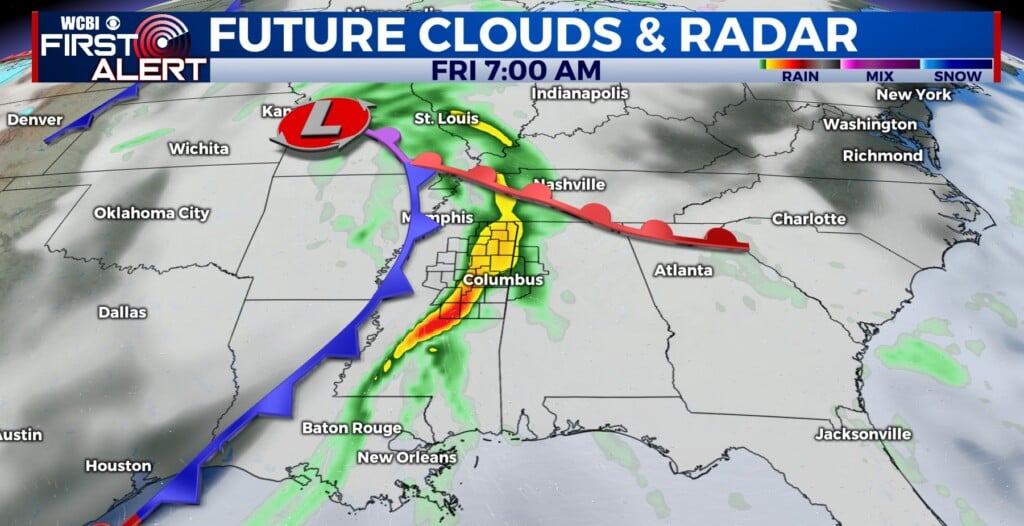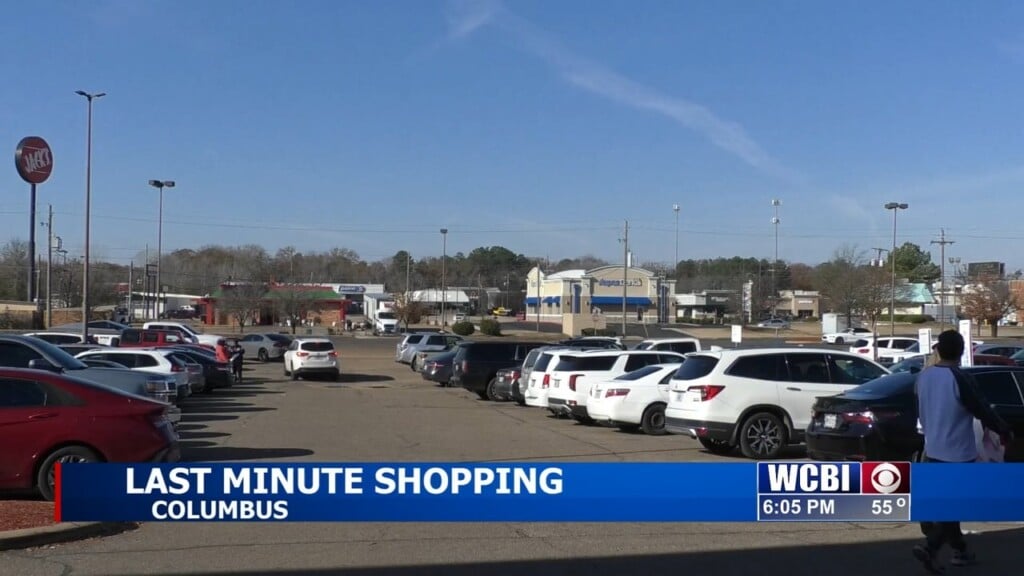Google data tracks coronavirus lockdown movement
Google is digging into its massive trove of data tracking the movements of people around the world to produce a series of reports designed to help policymakers and researchers in the fight against the coronavirus.
The internet giant published so-called Community Mobility Reports for 131 countries. They show localized data on how travel to places like stores and parks has changed in the last month. For the United States, Google’s data is broken down county by county, showing massive decreases people’s movement in urban and suburban communities — drops of up to 80% in some cases — with comparatively modest declines in rural areas.
For example, Google’s mobility tracking data for New York shows a 62% decline for retail and recreation venues, 68% decline for public transit hubs such as subway, bus, and train stations, 46% decline for workplaces, and 32% decline for grocery stores and pharmacies as of March 29.
In New York County (Manhattan), the drop-off is even more dramatic: down 86% for retail and recreation, 78% for transit, 57% for workplaces, and 51% for groceries and pharmacies.
The reports “aim to provide insights into what has changed in response to policies aimed at combating COVID-19,” the company wrote on the website where the reports are posted. “The reports chart movement trends over time by geography, across different categories of places such as retail and recreation, groceries and pharmacies, parks, transit stations, workplaces, and residential.”
The company intends to update its figures regularly. It says the data is designed to protect people’s anonymity.
Damian Collins, a member of Britain’s Parliament who has for years led efforts to investigate and regulate Google’s data practices, said in an email to CBS News that the reports show the potential of social distancing to blunt coronavirus’ impact. But he urged caution in accepting Google’s ability to track people’s daily lives.
“This certainly shows the impact that the social restrictions are having on daily life, and helps policy makers determine the effectiveness of these strategies,” said Collins. “It also illustrates the level of background surveillance that has become commonplace, without people really being aware of it.”
Collins’ concern was echoed by Jason Kint, the CEO of Digital Content Next, a trade group that represents digital publishers.
“While it’s a noble effort and the anonymous presentation is interesting, it’s asking a lot to trust a company who’s entire business model is about surveillance and monetization of as much personal data across our lives as they can collect,” Kint said.
Collins said that while the wide-scale application of Google’s tracking data may prove useful to policymakers during the pandemic, it also ultimately may lead to greater public scrutiny of the information that companies like Google collect about people.
“In a crisis people may consent to this, but there has never really been a public debate about whether we agree to it in principle. The aftermath of this crisis may start such a debate,” Collins said.





Leave a Reply